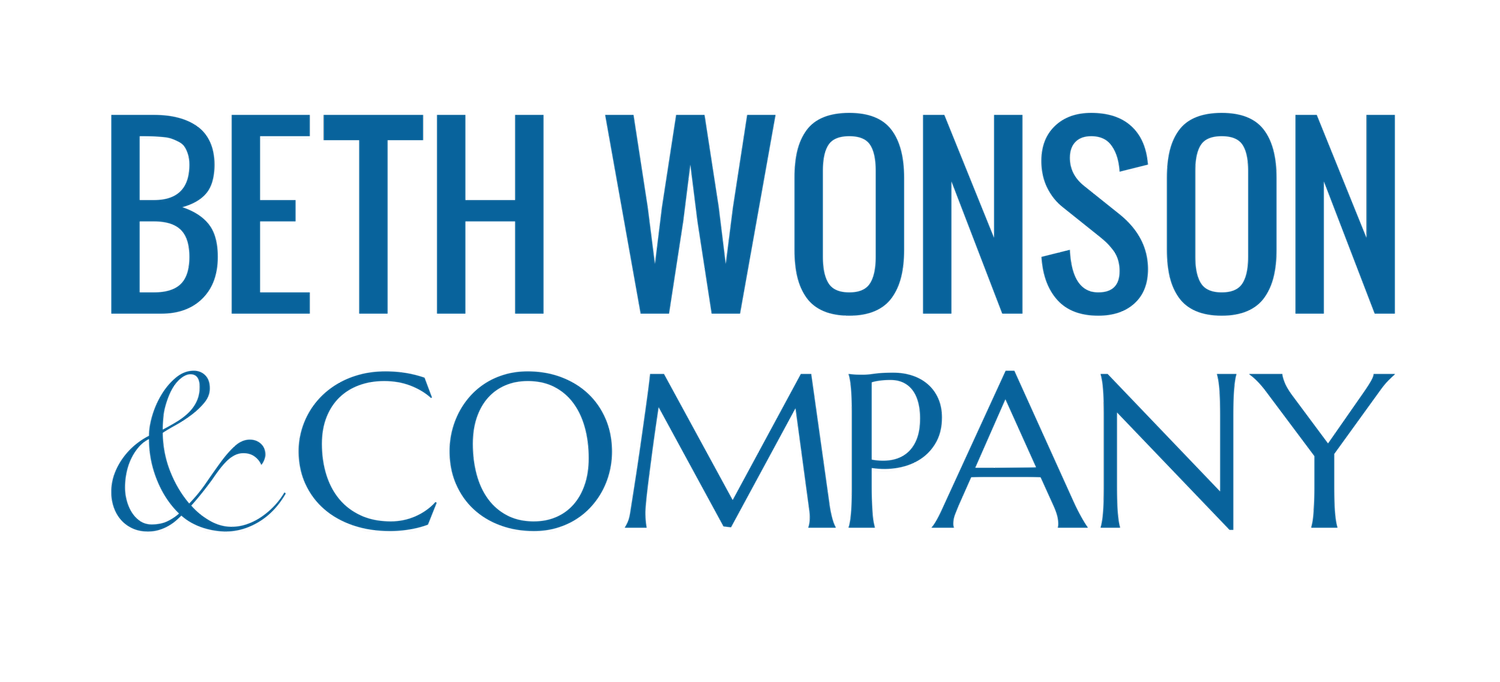3 Ways to Get Started with Feedback
What is a culture of feedback and why do you need one?
A culture of feedback exists when:
Everyone understands feedback is a tool for growth and development.
People not only ask for feedback proactively, but they expect it.
Feedback is not a “special occasion”, but something that happens regularly.
Leaders model receiving feedback without taking it personally.
When a culture of feedback exists, team morale will not be shaken by feedback. In fact, individuals and the team as a whole, will expect feedback. They'll view feedback as a tool to improve how they communicate and collaborate to make work more enjoyable, productive, innovative, and meaningful.
I have 2 Free Tools To Help You Get Started With Feedback
The term feedback is used to describe a variety of managerial discussions. This PDF explains the differences between feedback and other managerial discussions related to employee growth and development: micromanaging, performance reviews, and improvement plans. [Get the Mistaken Identities of Feedback PDF]
Giving feedback is one of the most essential, but dreaded, responsibilities of any manager or leader. Yet the art of giving feedback is deeply misunderstood, and poor experiences with feedback can cause resistance. The activity in this PDF is going to help you to identify your current relationship with feedback. [Get the Mastering Feedback Self-Assessment PDF]
I Also Have a Step-by-Step Process
Are you ready to stop dreading giving feedback? Or having what you thought would be a simple feedback session go horribly wrong? Do you wish you knew the steps for giving feedback to emotional or resistant employees?
Using the simple 4-step process laid out in my book, you will quickly become skillful and confident in both giving and receiving feedback in ways that foster empowerment, growth, and development in yourself and others.
Get My Book: Mastering Feedback: Everything You’ve Never Been Told About How to Give Feedback
When you become a role model for normalizing feedback as part of the healthy culture of your workplace, it strengthens your team and organization.
Have a Question? Let’s Talk Today
You may be facing a challenge or weighing an action and aren’t sure where to start, or what a solution even looks like. Contact Beth today! It’s 100% confidential so you can freely discuss the challenges you’re facing and unlock a path forward. Or Get Started with our resources library and books.
